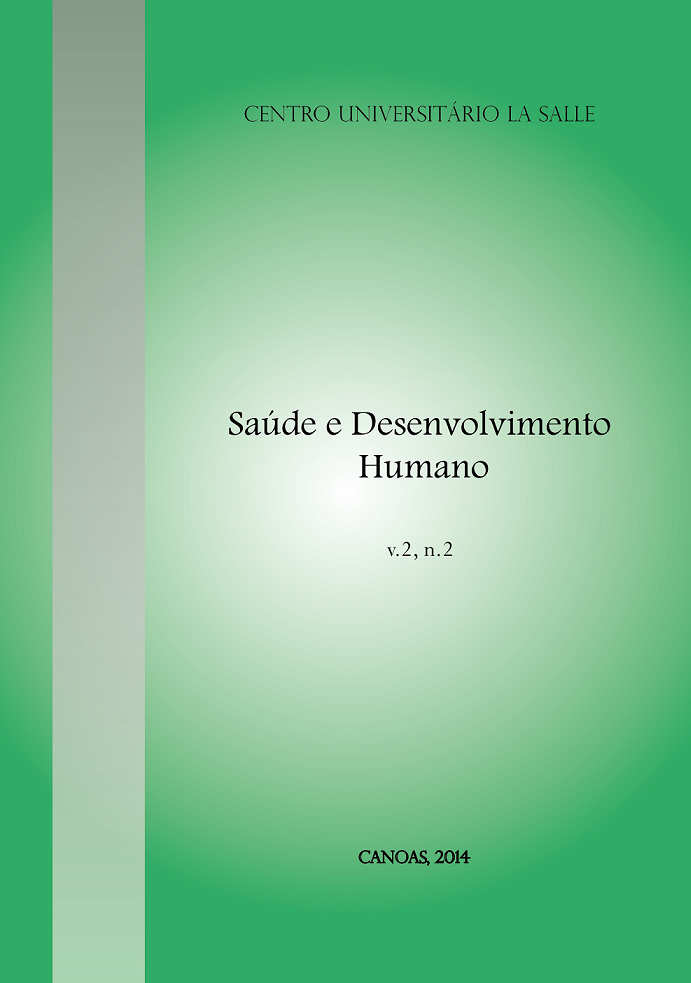The problem based learning method (pbl) gives in the context the formation of future nurses. One experience story
DOI:
https://doi.org/10.18316/1875Keywords:
Problem Based Learning, nursing course, skills profile, labor practicesAbstract
This study falls within the framework of the implementation of the method Problem Based Learning (PBL) in the context of a Nursing degree course, taught in the Faculty of Health Sciences of the Catholic University of Mozambique. The main purpose of this study was to find out how finalist students of this course give meaning to their formative processes, taking as a reference a specific formative methodology: the PPL. The methodological option to collect empirical data, supporting this study, was the Discussion of Groups. This methodology struck us as adjusted since, one of the researchers involved in its formation process, as a trainer, assuming, in this way, the status of "participating investigator". Thus was created a climate of trust to express various points of view in confrontation. After analysis and discussion of the results, we saw that the PBL Method tends to create perspectives of the formation of future nurses in a perspective of "situated learning" and valuing a skills profile based on "problem solving" in context. Another result with meaning, for the participants, relates to the potential of this method that, according to the perspectives in confrontation in the Discussion Groups, seeks to facilitate the process of transition to the labor market, in particular by the fact that investing in labor practices theorizing.Downloads
Published
2014-12-05
Issue
Section
Artigos de Relato de Experiência
License
Authors who submit their manuscripts to be published in this journal agree to the following terms:
- Authors retain copyright and grant the journal right of first publication with the work simultaneously licensed under the Creative Commons Attribution License that allows the sharing of work and recognition of its initial publication in this journal.
- By virtue of the articles appearing in this open access journal, articles are free to use, with proper attribution, in educational and non-commercia.


